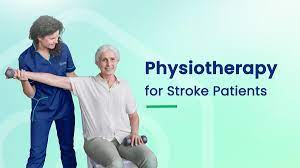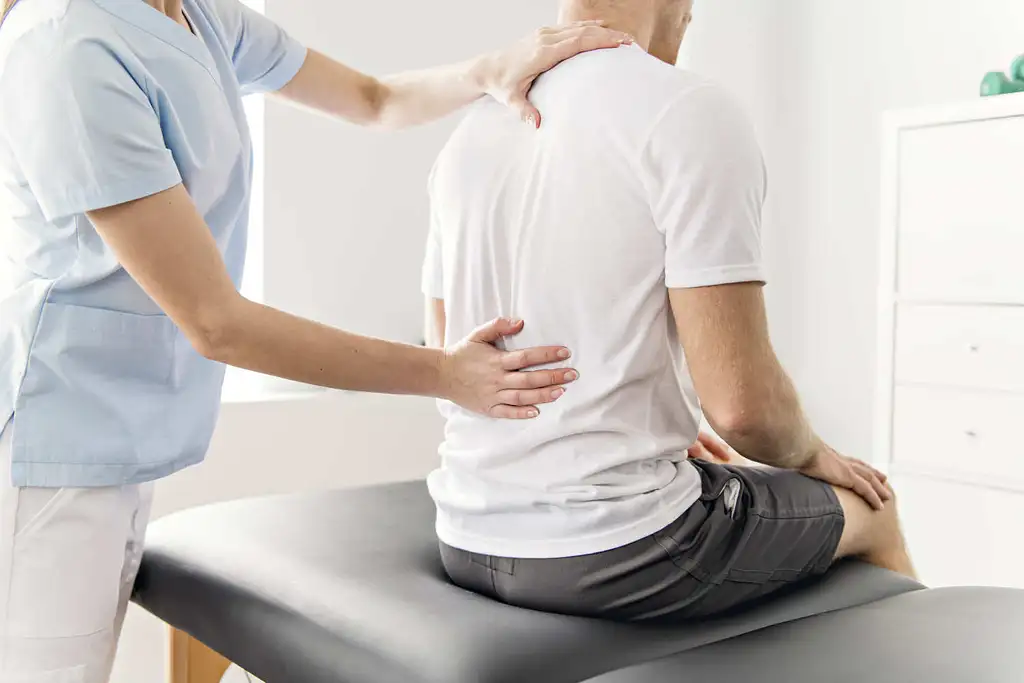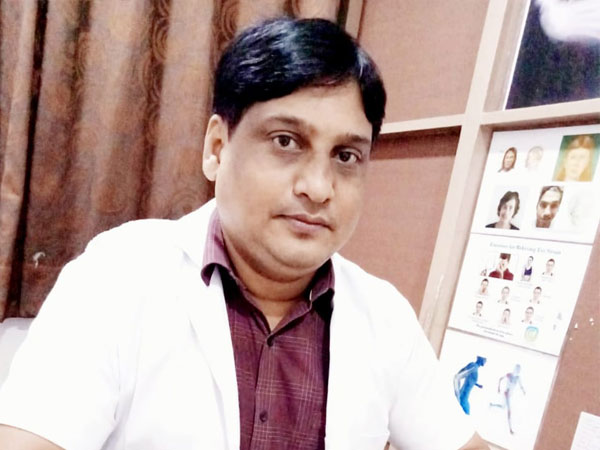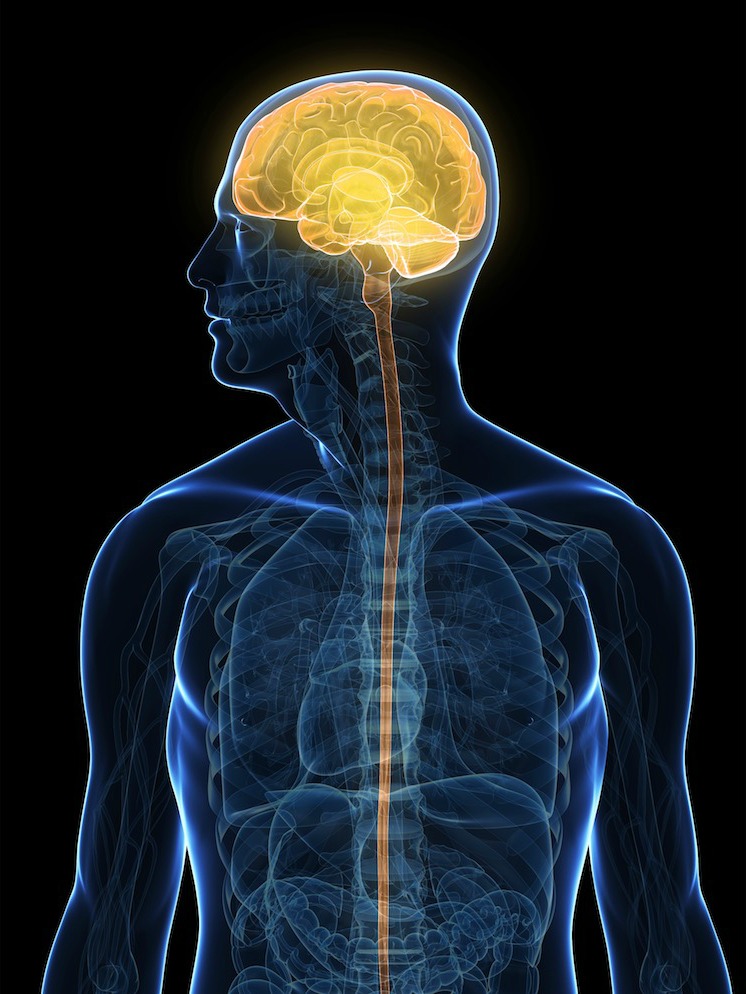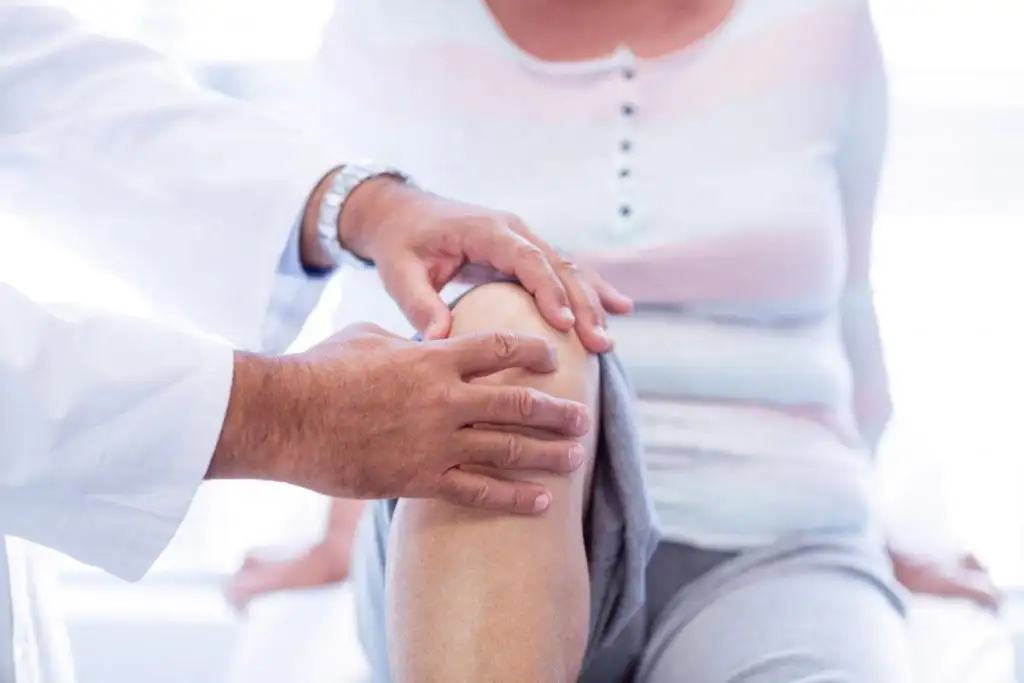The primary goals of physiotherapy after a stroke are to help stroke survivors regain their physical function, mobility, and overall quality of life. Physiotherapy aims to address the specific challenges and deficits caused by a stroke. The goals can vary depending on the individual’s condition, but some common objectives include:
- Improving Mobility: Physiotherapy helps stroke survivors regain the ability to move and walk independently. This may involve retraining gait, improving balance, and addressing any weakness or loss of muscle control.
- Restoring Strength: Stroke survivors often experience muscle weakness on one side of the body (hemiparesis). Physiotherapy focuses on strengthening muscles to improve function and prevent complications like contractures.
- Enhancing Coordination and Motor Control: Physiotherapists work on improving coordination, fine motor skills, and the ability to perform everyday tasks such as dressing, eating, and grooming.
- Addressing Balance and Posture: Maintaining balance and proper posture is essential for preventing falls and promoting mobility. Physiotherapy can help stroke survivors regain their ability to sit and stand safely.
- Range of Motion: Exercises and techniques are used to maintain or restore joint flexibility and range of motion, reducing the risk of joint contractures.
- Pain Management: Stroke survivors may experience pain or discomfort, which can be addressed through physiotherapy techniques, such as manual therapy and modalities like heat or cold therapy.
- Preventing Complications: Physiotherapy aims to prevent secondary complications that may arise after a stroke, such as muscle stiffness, pressure ulcers, and blood circulation problems.
- Improving Functional Independence: The ultimate goal is to help stroke survivors regain their ability to perform essential daily activities independently, enhancing their quality of life.
- Educating Patients and Caregivers: Physiotherapists provide education to both the stroke survivor and their caregivers, teaching them techniques and strategies to continue the rehabilitation process at home.
- Supporting Psychological Well-being: Physical limitations after a stroke can impact emotional well-being. Physiotherapists often work with patients to boost their confidence and motivation during the recovery process.
- Adapting to Individual Needs: Physiotherapy programs are tailored to the unique needs and abilities of each stroke survivor, ensuring that the rehabilitation plan is specific to their condition and goals.
It’s important to note that the goals of physiotherapy are highly individualized. The specific objectives for each person will depend on the severity and location of the stroke, their pre-stroke level of function, and their personal goals for recovery. Physiotherapists collaborate with other healthcare professionals to create a comprehensive rehabilitation plan that addresses the specific challenges of each stroke survivor.
Experience expert care and rehabilitation with Dr. Kishan Mishra, your trusted physiotherapist in Borivali East at Sanjeevani Physiotherapy, Regain your mobility and wellness today. Contact us to schedule your appointment!
